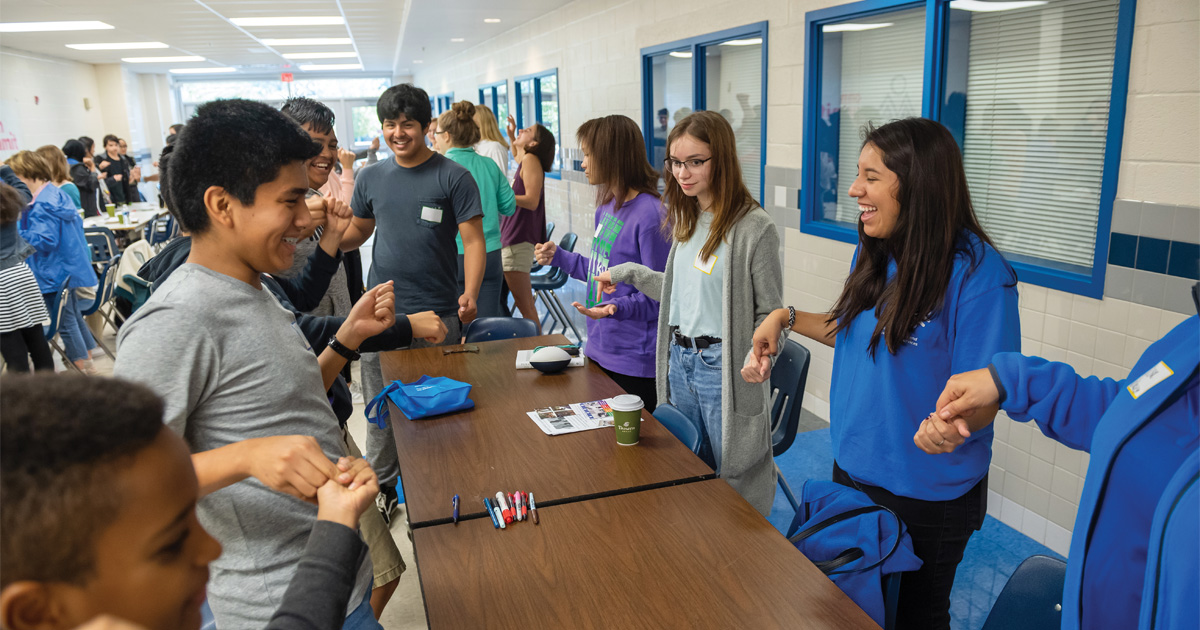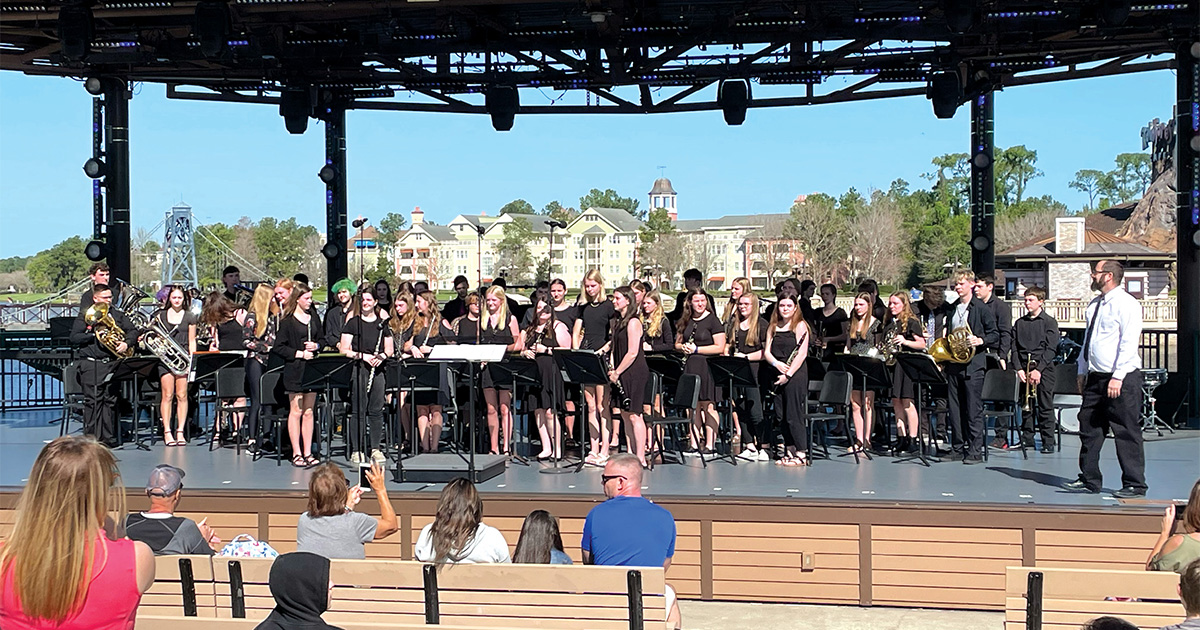Mental health is a real issue for students around the world, but we may be able to turn things around.
As educators know, when teens need help, they rarely ask for it. It can be a lonely time of life, when academic pressure is mounting, emotions are running high and you assume no one knows what you’re going through.
That’s why, 11 years ago, Lauren Anderson founded Our Minds Matter (OMM) in Fairfax, Virginia. Originally the Josh Anderson Foundation, the goal was to address mental health in honor of Lauren’s brother, who died by suicide at the age of 17. Anderson wondered how she could help struggling teenagers, when even her well-liked, driven brother clearly suffered in silence.
Early discussions with teens found they didn’t know who to talk to. School counselors only provide academic support, and even school psychologists aren’t particularly trusted by students. OMM launched a few mental health initiatives and learned that most schools have an appetite for much more, desiring a year-round space to discuss these challenges.
Hence, the student-led OMM, “an accessible and structured way for students to continue conversations around mental health through student-led clubs that hold weekly or bi-weekly meetings, activities and events all centered around important mental health topics like stigma reduction, healthy habits, and coping skills.”
Now in over 130 schools nationwide—with the goal of reaching 500 by 2025—OMM has seen great success with its proactive, student-led approach. They’re not waiting for teens to come to adults with problems, but rather establishing a framework for support that anyone can use when they need to. “Teens are most influenced by their peers,” Anderson explains. “By equipping a smaller group of student advocates around mental health in a school community, there is the ability to have a strong ripple effect to the rest of the student body.”
Over the years, Anderson has seen struggling students not just get support for their mental health through OMM, but turn into leaders themselves and pay it forward to younger students.
“One student comes to mind who joined her OMM club when she was a freshman,” Anderson said. “At that time, she was quite reserved and quiet and was significantly struggling with her own mental health issues. The club allowed her the opportunity to channel her experiences into something positive and impact others around her. By her sophomore year, she was a club leader. She continued to be actively involved throughout the rest of high school, and even went on to be a voice in the mental health space.”
If you’re an educator interested in helping your students, one way is to get connected with OMM, and another is to educate yourself. Anderson suggests Be There Certificate, a quick online program that teaches how to recognize signs of struggle, how to build trust, what to say, etc.
“Don’t be afraid to ask students how a student has been feeling if you notice something is off,” Anderson said. “You don’t have to be a mental health professional to be a person of support.”
For more information, visit https://ourmindsmatter.org/.




